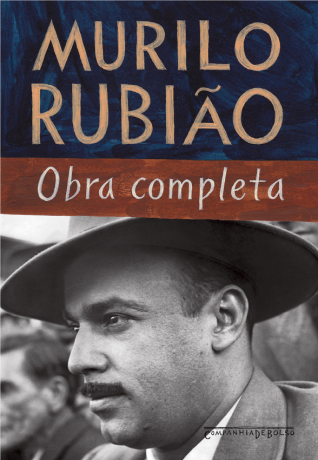In the theory of literature, the Free verses, also called irregular verses or heterometric, are those that do not follow a defined metric pattern.
That is, they do not obey fixed forms, being, therefore, in opposition to regular or isometric verses, which have the same measure.
It is important to highlight that the poetic texts that present free verses do not fail to bring together the main characteristic of poetry: musicality.
Free verses represent an important feature of modern and contemporary literature, since the main intention of these writers is to create something new and innovative, thus breaking the classic patterns of meterification by subverting poetic forms traditional ones.
Metrification and Verification
First of all, it is worth noting that the verse designates a line of the poem and often follow a meter pattern (measurement).
So, the meterification it is related to the study of verses as well as their classification, according to the amount of poetic syllables they present.
Scansão is the name given to the separation of poetic syllables performed, basically, from the beginning of each verse to the stressed syllable of its last word.
In turn, the versification represents the set of elements that make up the poetic texts: rhythm, musicality, metering, sequence, rhyme, among others.
Verse Classification
As for the meter they follow, the verses are classified according to the poetic syllables they present.
Note that poetic syllables are distinct from grammatical syllables, since poetry has musicality and rhythm, being originally created to be sung.
- Monosyllable: verse with a poetic syllable
- disyllable: verse with two poetic syllables
- Trisyllable: verse with three poetic syllables
- Tetrasyllable: verse with four poetic syllables
- pentasyllable: verse with five poetic syllables
- hexasyllable: verse with six poetic syllables
- heptasyllable: verse with seven poetic syllables
- octosyllable: verse with eight poetic syllables
- Eneasyllable: verse with nine poetic syllables
- decasyllable: verse with ten poetic syllables
- hendecasyllable: verse with eleven poetic syllables
- dodecasyllable: verse with twelve poetic syllables
- Barbarian Verses: verse with more than twelve syllables
Stanza
The stanza represents the union of verses and, according to the number of verses that compose it, they are classified into:
- monastic: stanza with one verse
- couplet: two-verse stanza
- Triplet: stanza with three verses
- Block or Quartet: verse with four verses
- Quintille: stanza with five verses
- sextile: stanza with six verses
- septile: stanza with seven verses
- eighth: stanza with eight verses
- ninth: stanza with nine verses
- From above: ten-line stanza
- Irregulars: stanza with more than 10 verses
Free Verses and White Verses
Very common there is confusion between the free verses and white verses, however, the first refers to those that do not have measure (metric) and the second, the verses that do not have rhymes.
Although they may present rhymes, the free verses usually have neither rhyme nor meter. On the other hand, white verses, also called loose verses, may or may not have meter, however, they do not have rhyme schemes.
Examples of Free Verses
To better understand the concept of free verses, the poem by modernist writer Manuel Bandeira follows below:
Poetics
“I'm fed up with measured lyricism
Of well-behaved lyricism
From the lyricism of a civil servant with a time book
protocol and expressions of appreciation to mr. principal.
I'm fed up with the lyricism that stops and you'll find out in the dictionary
the vernacular imprint of a word.
Down with the purists
All words especially the universal barbarisms
All constructions especially exception syntaxes
All rhythms, especially the innumerable ones
I'm fed up with flirtatious lyricism
Political
Rickety
Syphilitic
Of all lyricism that capitulates to anything outside of itself
Otherwise it's not lyricism
It will be accounting table of cosines secretary of the lover
copy with one hundred models of cards
and the different ways to please women, etc.
I want the crazy lyricism first
The drunken lyricism
The hard and poignant lyricism of the drunks
Shakespeare's clown lyricism— I don't want to know any more about the lyricism that is not liberation.”



